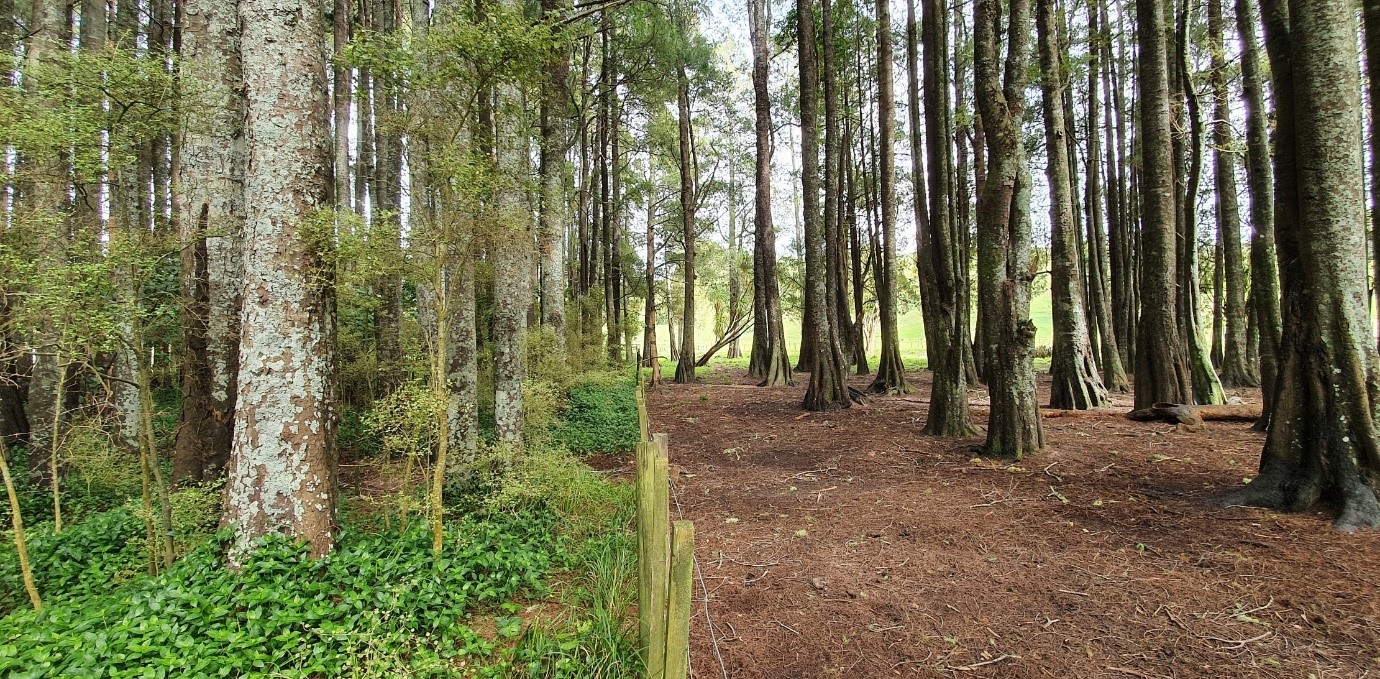Wednesday 24 July, 2024
Applications for Gisborne District Council’s 2025 round of the Natural Heritage Fund are now open.
This fund supports projects on private properties and whenua Māori that enhance the well-being of te taiao (the natural environment).
Its primary goal is to assist private landowners in safeguarding or improving indigenous biodiversity on their land.
Biodiversity protection and enhancement are central activities for regional and unitary councils.
In 2023, the Natural Heritage Fund contributed to 17 projects, allocating over $600,000 for native planting, pest and weed control, and stock exclusion fencing. Notable projects included new deer fencing around an ecologically significant QEII covenanted bush block in Pehiri, the establishment of stoat and feral cat traps in the upper Waioeka catchment, wetland restoration in the Waimatā Valley, and an indigenous planting initiative at Whatatutu.
Any privately owned land/whenua Māori within the district is eligible for the funding, which is made available instead of rates remissions on a limited number of properties.
The fund gives recognition and support from Council to the positive contribution landowners make to retaining biodiversity values as guardians/kaitiaki of their land.
Applications are evaluated based on biodiversity merit and approved within available funds. Applicants can request up to $20,000 per project, with at least half of the total cost coming from an alternative source.
Apply here by 20 August, 2024 for projects planned to commence in 2025.
Visit www.gdc.govt.nz/council/funding-streams/natural-heritage-fund for more information.

The picture above shows how much of a difference a fence can make by excluding stock. Once stock are removed from native areas, pest plants can become established as well as indigenous reversion. Inside the fenced area is tradescantia, which also illustrates the ongoing need for pest and weed control required after the fence has gone up.